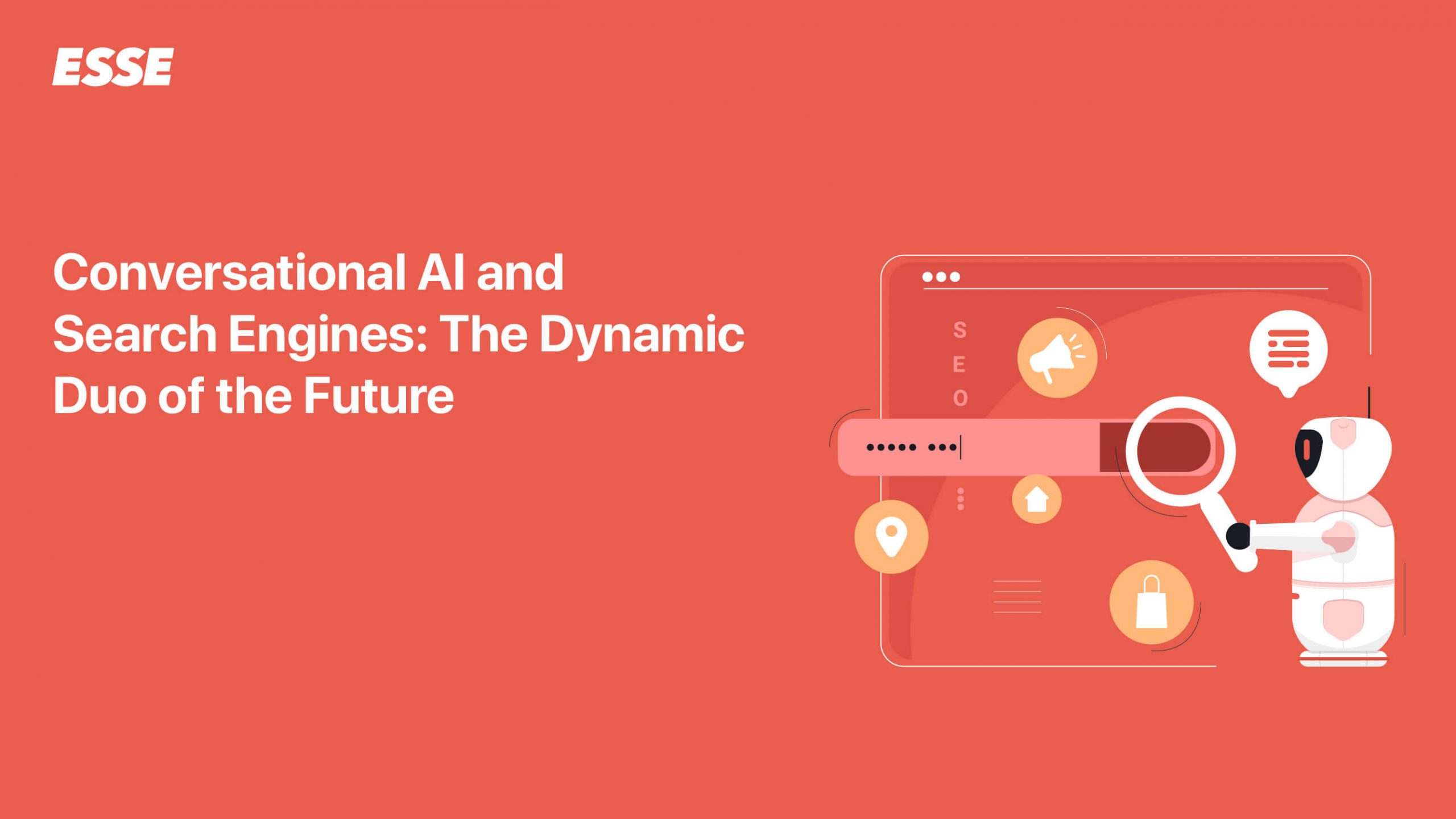Have you ever talked to your search engine? Soon enough, you might be able to do just that. With the rise of conversational AI, it’s becoming more and more likely that search engines and AI assistants will work together to provide a more personalized and interactive experience for users.
Imagine this, you’re searching for a new restaurant to try out in your area. Instead of typing in a search query, you simply ask your AI assistant, “What’s the best restaurant near me for dinner tonight?” The AI assistant uses natural language processing to understand your query and provides you with a personalized recommendation based on your preferences, dietary restrictions, and previous dining experiences.
Or perhaps you’re searching for a new book to read. Instead of scrolling through pages of search results, you can simply ask your AI assistant, “What’s a good book to read next?” The AI assistant will use your reading history and preferences to suggest a book that’s tailored to your interests.
As conversational AI continues to improve, search engines will be able to provide more personalized and accurate results through natural language queries. Users will no longer have to spend time typing in search queries, and instead can simply ask their AI assistant for information or recommendations.
However, with this increased level of personalization and convenience comes the need to consider the ethical implications of these technologies. It’s important to ensure that these systems are designed and trained with fairness and equity in mind, and that data privacy and security are prioritized in their development and deployment.
Here are some of the ways that conversational AI and search engines will work together in the future:
- Conversational Interfaces for Search: Conversational AI technology will enable us to interact with search engines in a more natural and intuitive way. Rather than typing out queries, we will be able to simply ask questions and receive relevant results. Conversational interfaces will enable us to have more fluid and natural conversations with search engines, making the search process faster, more efficient, and more enjoyable.
- Multimodal Search: With the integration of conversational AI, search engines will be able to support multimodal search, combining text, images, audio, and video to provide more comprehensive and personalized results. This means that we will be able to search for information using any modality we prefer, making the search experience more accessible and convenient.
- Personalization and Contextualization: Conversational AI technology will enable search engines to provide more personalized and contextualized results. By analyzing our past search history and behaviors, conversational AI algorithms will be able to predict our intent and provide results that are more relevant and useful to us. This will make the search experience more efficient and enjoyable, as we will be able to find what we need more quickly and easily.
- Voice Search Integration: As conversational AI technology continues to evolve, voice search will become even more ubiquitous. Voice assistants like Siri, Alexa, and Google Assistant will be integrated with search engines, enabling us to search for information using voice commands. This will make the search process even more seamless and natural, as we will be able to simply ask for what we need without having to type out queries.
Overall, the integration of conversational AI and search engines has the potential to revolutionize the way we search for and consume information. By working together, these technologies can provide a more personalized and intuitive experience for users while also addressing the ethical concerns that come with their use.


Leave a Reply